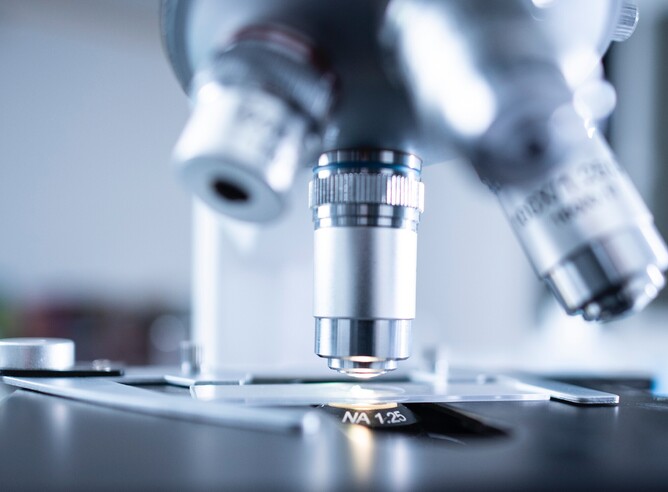Nematodes are fascinating creatures that are vital to soil health. They are one of the most abundant animals in the soil, with an estimated one million nematodes per square meter in agricultural soil. These tiny worms come in a wide range of sizes, from less than a millimeter to several centimeters long. They are so small that they cannot be seen by the naked eye, but they play a crucial role in maintaining the health of the soil ecosystem.
Nematodes can be either beneficial or harmful to plants. Beneficial nematodes are used as a natural form of pest control in agriculture, horticulture, and gardening. These nematodes are predatory and feed on other soil-dwelling organisms such as insects, fungi, and even other nematodes. They are particularly useful in controlling soil-borne pests like root-knot nematodes and wireworms. Beneficial nematodes not only provide pest control but also help in the cycling of nutrients in the soil, promoting healthy plant growth.
In addition to predatory nematodes, there are also free-living nematodes that are beneficial to soil health. These nematodes help break down organic matter in the soil, releasing nutrients that are then available to plants. They also help to improve soil structure by aerating the soil and increasing water-holding capacity. These processes promote the growth of beneficial microorganisms that are essential to soil fertility and plant health.
A proven way to promote the growth of beneficial nematodes in soil is through the use of vermicast. Vermicast is the end-product of the decomposition of organic matter by earthworms. Vermicast is rich in nutrients and beneficial microorganisms that promote the growth of beneficial nematodes. Vermicast also improves soil structure, water-holding capacity, and soil fertility.
In fact, vermicast has been found to increase the number of beneficial nematodes in soil significantly. Research has shown that the number of plant-predatory nematodes in soil decreased signifcantly when vermicast was added to soil when compared to artificial fertilisers. Additionally, the number of fungivorous and bacterivorous increased in vermicompost-treated plots.
Vermicast is so much more than just NPK and Carbon/Nitrogen values. We are proud to be part of the solution to our tiring soils.
(Reference: https://www.sciencedirect.com/science/article/abs/pii/S0031405604702619)



